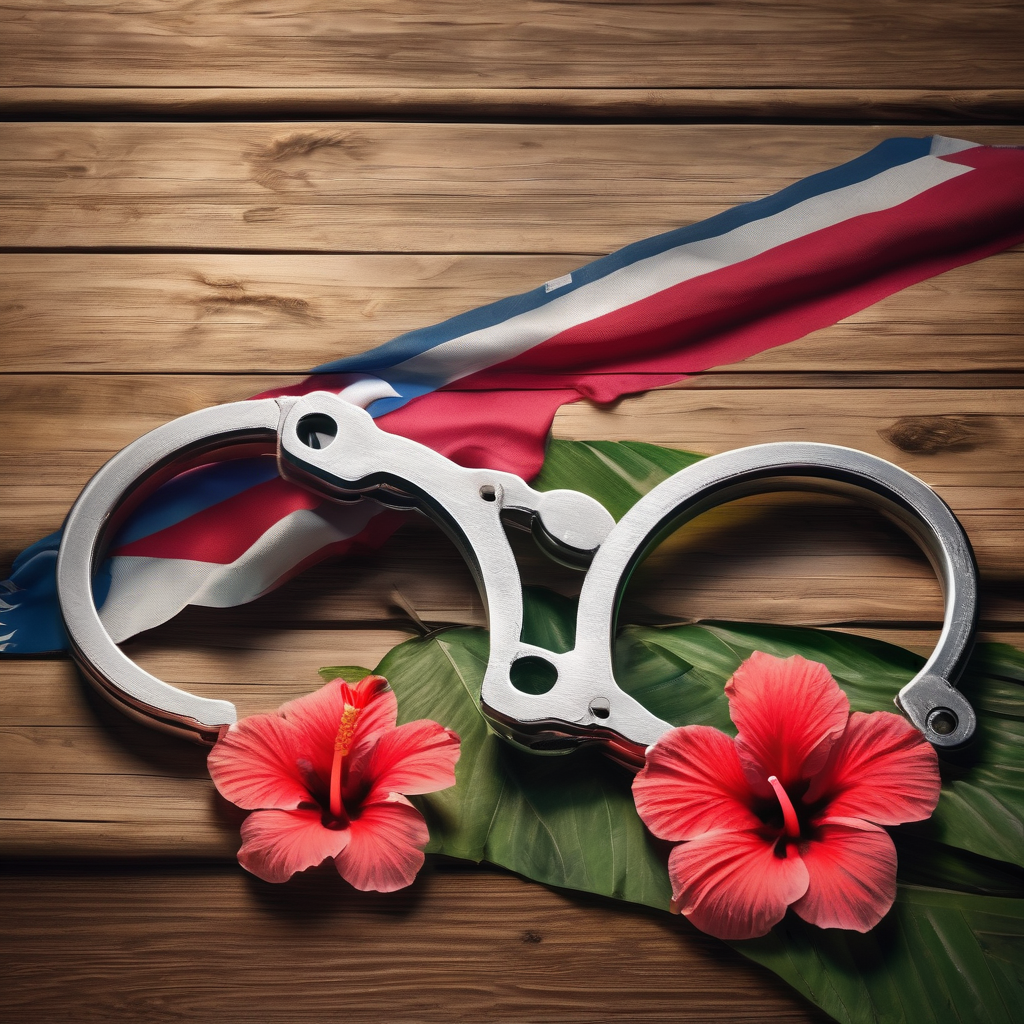The Fiji Correction Services is undergoing a transformative shift towards emphasizing rehabilitation and reintegration, moving away from conventional incarceration methods. Justice Minister Siromi Turaga recently addressed Parliament, highlighting a concerning trend: offenders are increasingly younger and more heavily affected by drug abuse and mental health challenges, necessitating a comprehensive approach to rehabilitation. This evolution coincides with the Correction Services’ 150-year anniversary, during which they reaffirm their commitment to improving Fiji’s justice system.
Turaga outlined advancements in rehabilitation programs designed to provide inmates with essential education, vocational training, and psychological support, thus facilitating their reintegration into society. He underscored the critical need for collaboration with various entities, including government agencies, non-governmental organizations, and community groups. “Reintegration, however, is the greatest test. It calls for partnerships to help ex-offenders reintegrate into society with dignity,” he emphasized.
A significant stride forward is expected with the forthcoming Criminal Records Bill, which aims to assist eligible former inmates in their reintegration process, particularly by allowing them to travel abroad after completing their sentences. This legislative initiative aligns with ongoing efforts to support individuals in restructuring their lives post-incarceration, echoing previous discussions about the urgent need for systemic reforms to aid those with criminal histories.
However, not all reactions have been positive. Opposition MP Premila Kumar raised critical issues regarding the internal operations of correctional facilities, flagging problems such as nepotism, abuse of authority, and potential misuse of the Fiji Correction Services Welfare and Sports Fund. Kumar stressed the importance of addressing these systemic challenges to foster a fair and effective workforce within the correctional system.
The obstacles encountered by the Fiji Correction Services echo ongoing reform efforts highlighted in initiatives like the FCS Strategic Development Plan for 2025–2029. This plan seeks to modernize rehabilitation frameworks within the correctional system, incorporating both local and international partnerships. By leveraging digital innovations and best practices, the FCS aims to boost the effectiveness of rehabilitation programs and improve outcomes for inmates.
The hopes surrounding legislative proposals and steadfast reform movements signal a brighter future for Fiji’s correctional landscape. With dedicated efforts towards modernization and community engagement, there is optimism that these changes will contribute not only to enhanced public safety but also to the successful rehabilitation and reintegration of individuals exiting the correctional system.
